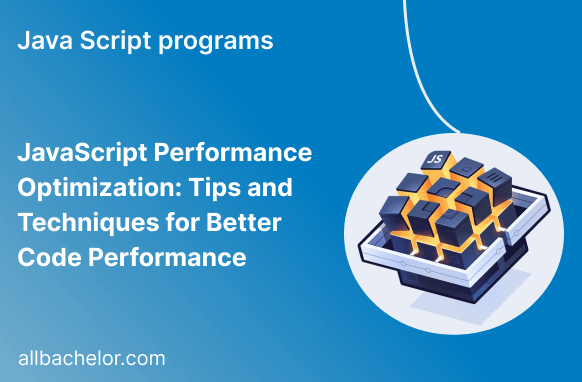
Maximize Code Efficiency: Performance Tips for Optimal Programming
Efficient code not only improves the user experience but also contributes to the overall success of a software project. Let’s explore some valuable coding performance tips that can help you maximize code efficiency and deliver optimal programming results.
1. Optimize Data Structures and Algorithms
Choosing the right data structures and algorithms is fundamental to coding performance. Evaluate the time and space complexity of different options and select those that best suit your specific use case. Well-optimized data structures and algorithms lay a solid foundation for efficient code execution.
2. Minimize Resource Consumption
Efficient code should be mindful of resource consumption. Minimize the use of system resources such as memory and processing power. Dispose of unnecessary objects, close open connections promptly, and release resources after use. This ensures that your code runs smoothly without unnecessary overhead.
3. Utilize Asynchronous Programming
In scenarios where tasks can be executed independently, asynchronous programming can significantly enhance performance. Utilize asynchronous features, such as async/await in languages like JavaScript, to execute non-blocking operations. This allows your code to perform multiple tasks concurrently, improving overall responsiveness.
4. Cache Frequently Used Data
Caching frequently used data is a powerful strategy to boost performance. Instead of recalculating or retrieving data from external sources every time, cache the results. This minimizes redundant computations and reduces the load on resources, resulting in faster and more responsive code.
5. Profile and Identify Bottlenecks
Profiling your code helps identify performance bottlenecks. Use profiling tools to analyze the execution time of different parts of your code. Once bottlenecks are identified, you can focus on optimizing specific sections, improving overall code efficiency.
6. Optimize Code Compilation
Efficient code starts with the compilation process. Optimize your code for faster compilation by minimizing unnecessary dependencies and imports. Consider using incremental compilation or caching mechanisms to speed up the build process, especially in large projects.
For an in-depth exploration of coding performance tips, check out Coding Performance Tips.
7. Implement Lazy Loading
Lazy loading is a technique where resources are loaded only when needed. This is particularly useful for large applications with many components or features. By loading resources on-demand, you reduce the initial load time and improve the perceived performance of your application.
8. Parallelize and Concurrency
Parallelizing tasks and introducing concurrency can lead to substantial performance gains. Divide tasks into parallelizable units and execute them concurrently. This is especially effective when dealing with CPU-intensive operations, allowing your code to leverage multi-core processors efficiently.
9. Optimize Database Queries
Database interactions often play a crucial role in overall system performance. Optimize database queries by indexing columns, using proper join strategies, and avoiding unnecessary queries. Consider caching frequently accessed data to reduce the load on the database and improve response times.
10. Stay Informed and Keep Learning
The tech landscape evolves, and staying informed about new tools, techniques, and best practices is essential. Attend conferences, read relevant blogs, and engage with the programming community. Continuous learning ensures that you can apply the latest performance optimization strategies to your coding projects.
In conclusion, coding performance is a multifaceted aspect of software development. By implementing these coding performance tips, you not only maximize the efficiency of your code but also contribute to the creation of high-performing and responsive software.








